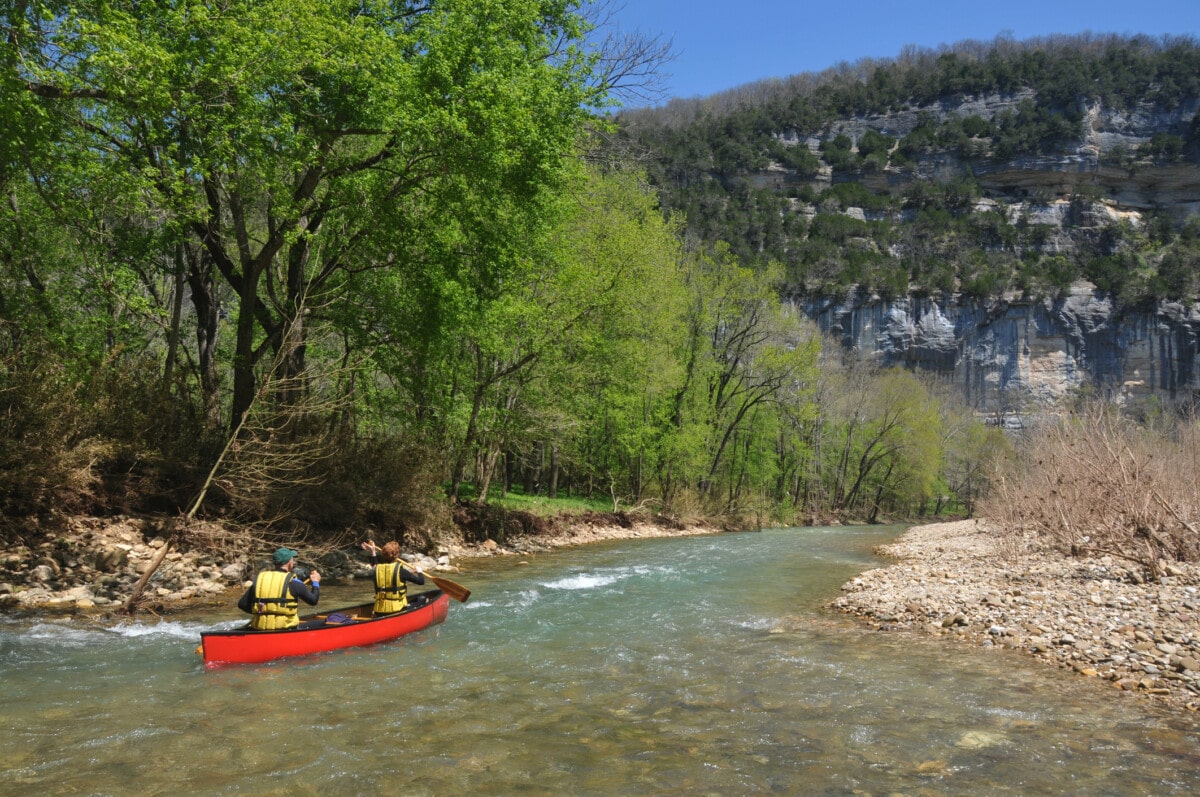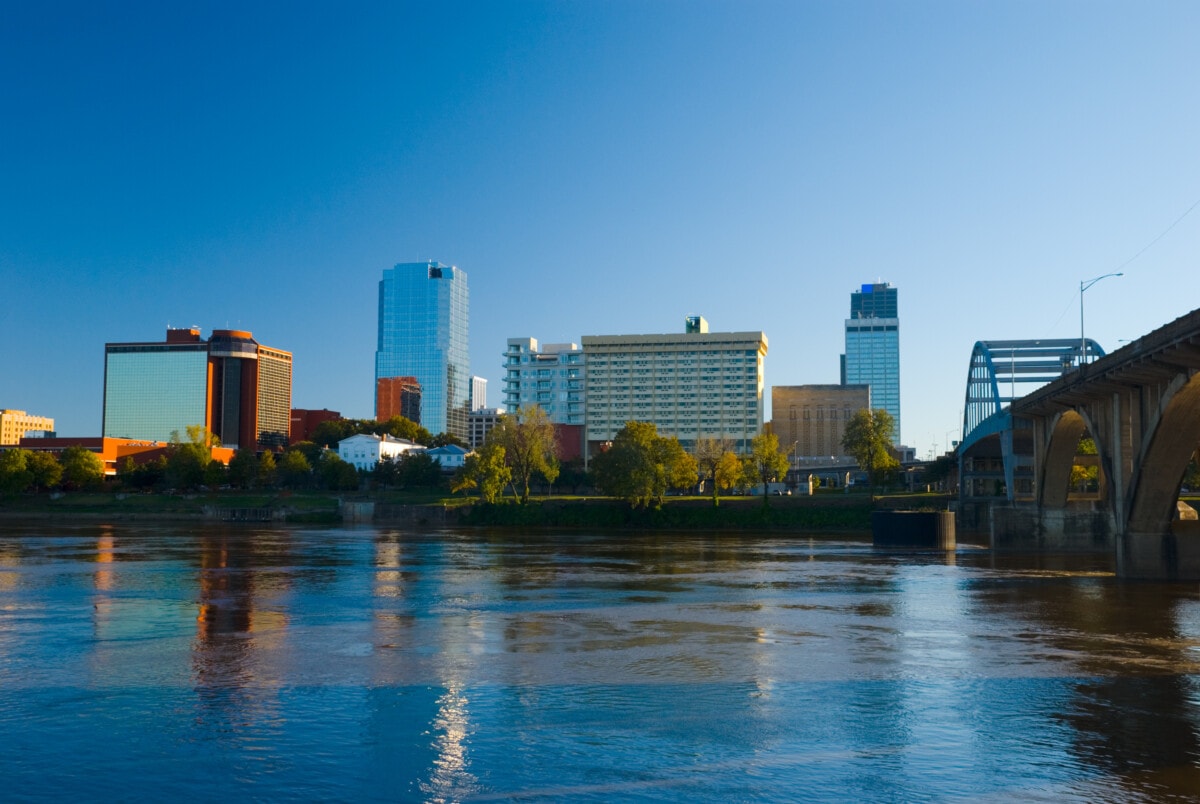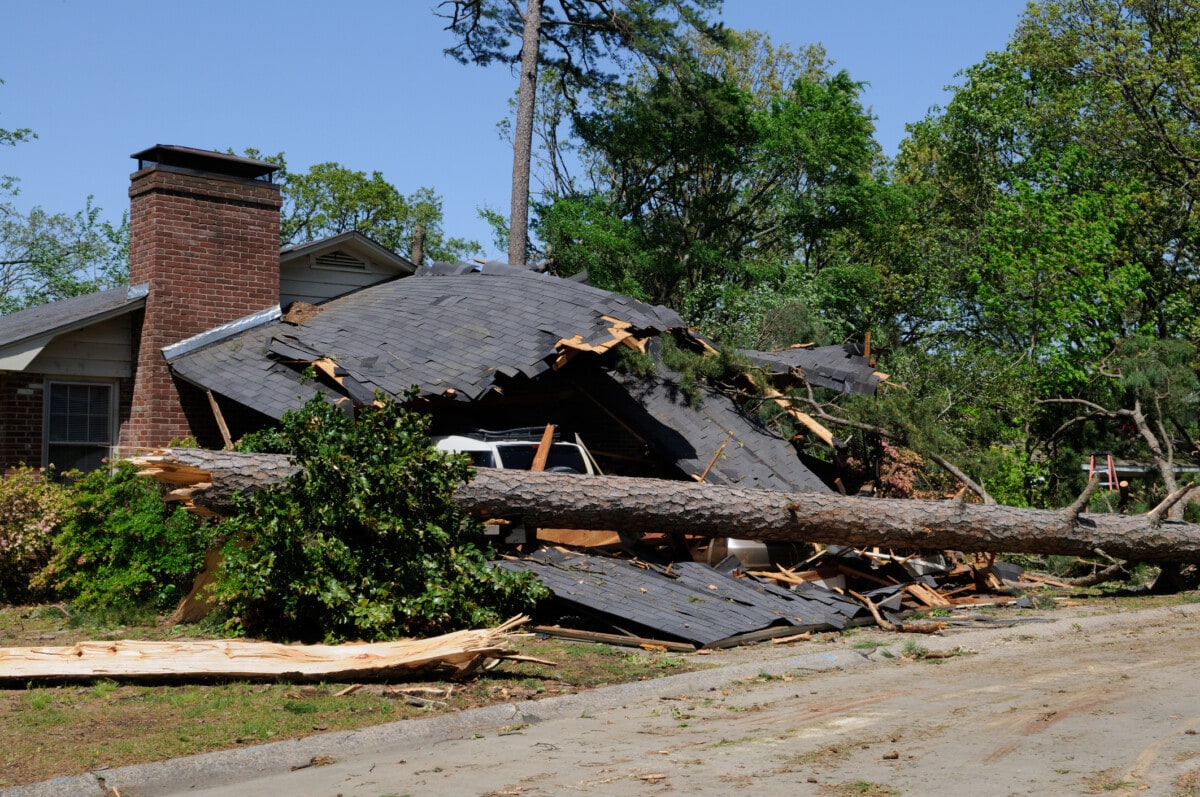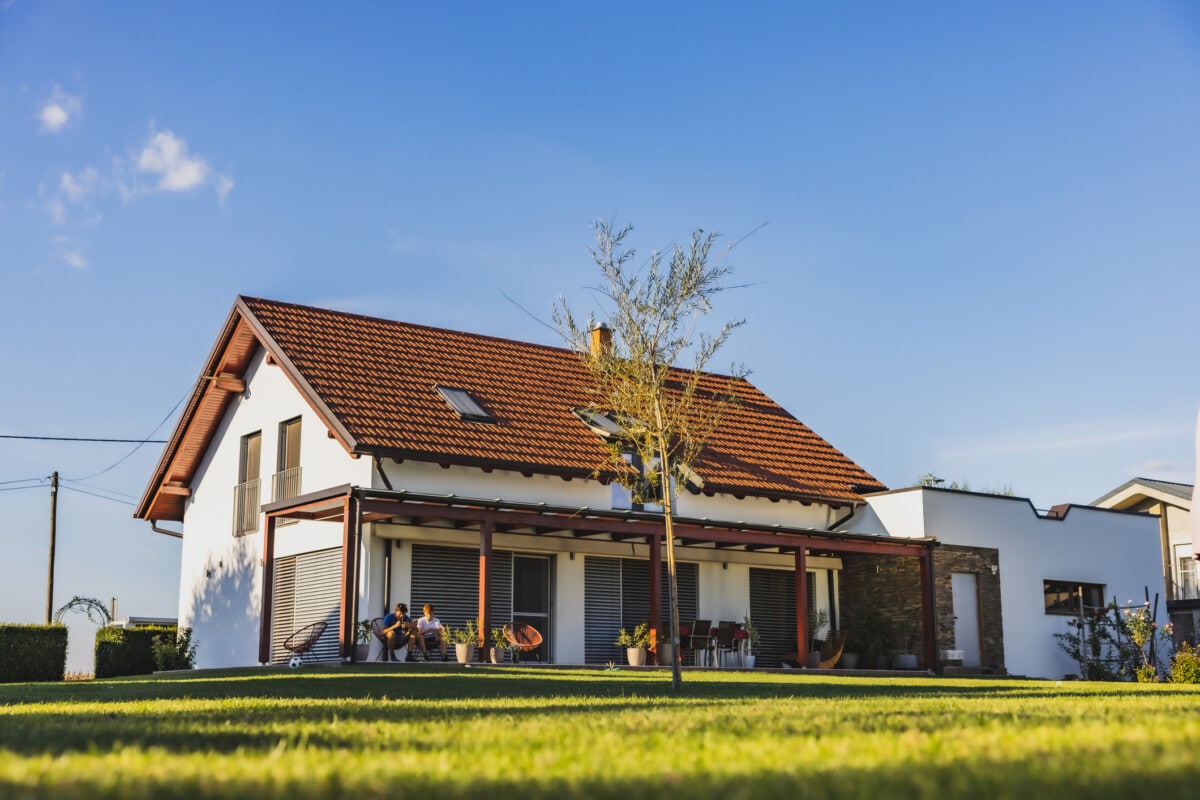10 Pros and Cons of Living in Arkansas

Living in Arkansas is a blend of southern charm, natural beauty, and a relaxed pace of life. Its picturesque landscapes characterize the state, with the Ozark Mountains in the northwest and the Ouachita Mountains in the south. Residents often find solace in outdoor activities, such as hiking in the state’s numerous trails, fishing in its pristine lakes and rivers, or enjoying the serene beauty of Hot Springs National Park. Despite its rural charm, Arkansas is not immune to modern influences, and cities like Fayetteville and Little Rock offer a mix of urban amenities, arts, and entertainment. If you want to learn more about this state, this Redfin article has the pros and cons of living in Arkansas.

Pros of living in Arkansas
1. Affordable cost of living
Arkansas boasts a cost of living that’s notably below the national average. Housing stands out with a median sale price of $252,000, which is significantly lower than the national median at $420,846. Daily expenses, encompassing groceries, transportation, and healthcare, further reflect this economic advantage. Take Bentonville, for example, where the cost of living is 7% below the national median, or Little Rock, where it’s 4% less than the national average. Such affordability enhances Arkansas’s allure, making it a great state for individuals searching for affordable places to live.
2. Mild climate
The region experiences all four seasons, but generally, the winters are relatively mild compared to more northern states. This climate especially appeals to individuals who appreciate the absence of extreme cold temperatures and heavy snowfall, making daily life and outdoor activities more manageable throughout the year. Summers are warm, creating an environment conducive to enjoying outdoor pursuits like hiking, fishing, and water sports without the sweltering heat experienced in some southern states.

3. Natural beauty
Arkansas captivates residents with its abundant natural beauty, offering diverse landscapes that enchant the state. The Ozark Mountains, adorned with lush forests and meandering rivers, provide a haven for outdoor enthusiasts. Scenic byways like the Pig Trail and the Talimena National Scenic Byway showcase breathtaking vistas, revealing the state’s rich tapestry of colors in the fall. The state’s iconic Hot Springs National Park, nestled in the Ouachita Mountains, invites visitors to soak in therapeutic thermal waters amid picturesque surroundings.
4. Rich cultural heritage
Arkansas is steeped in a rich cultural heritage that adds a unique and vibrant dimension to the daily lives of its residents. The state carries a legacy of Native American influences, with the Quapaw and Caddo tribes having historical roots in the region. The Civil War era also resonates through sites like the Pea Ridge National Military Park, offering glimpses into the state’s role in shaping the nation’s history. You’ll also find that musical genres like bluegrass and folk find a home here, and festivals celebrating these traditions, such as the King Biscuit Blues Festival, draw enthusiasts from far and wide.

5. Southern cuisine
From succulent barbecue to soul-warming comfort foods, the cuisine in Arkansas is a celebration of locally sourced ingredients and time-honored recipes. Pulled pork, slow-cooked to perfection and drenched in tangy barbecue sauce, is a hallmark of the state’s culinary scene, with barbecue joints scattered across the region. The state’s love affair with biscuits, gravy, grits, and fried chicken adds a hearty touch to breakfast and brunch.
Cons of living in Arkansas
1. Limited job opportunities
While Arkansas boasts many appealing qualities, one potential drawback is the limited job opportunities that residents may encounter. The state’s economy has historically been dominated by agriculture, manufacturing, and retail industries, which might result in fewer diverse employment options compared to more metropolitan areas.
2. Arkansas is a rural state
Arkansas’s rural character, while appealing to some, can be seen as a challenge for those seeking the conveniences and amenities often associated with more urbanized areas. The state’s predominantly rural landscape means that certain services, job opportunities, and cultural offerings may be more limited than in larger cities. Access to specialized healthcare, educational institutions, and diverse employment opportunities might be less readily available, particularly in more remote areas.

3. Natural disasters
Like many other regions, Arkansas is susceptible to various natural disasters, and this aspect should be considered when contemplating living in the state. While it doesn’t experience the frequency of hurricanes in coastal areas, Arkansas is prone to tornadoes, especially during the spring and early summer months. The state is in “Tornado Alley,” severe weather conditions can lead to tornado outbreaks. Flooding is another concern, particularly in low-lying areas, with rivers and streams sometimes experiencing significant overflow during periods of heavy rainfall.
4. Limited public transportation
A notable consideration for those living in Arkansas is the limited availability of public transportation infrastructure, a potential drawback. The state’s largely rural nature and lower population density contribute to a less-developed public transit system, particularly outside major urban areas. While cities like Little Rock have some public bus services, the transit score is 19, making it a car-dependent city. This limited public transportation network can pose challenges for individuals who rely on such services for daily commuting or those who prefer eco-friendly alternatives.

5. High state and local sale taxes
Arkansas is burdened with high state and local taxes, presenting a significant financial consideration for residents. With a combined state and local sales tax rate of 9.46%, the state holds the third-highest position in the country. This elevated tax burden extends beyond sales tax to other areas, impacting income and property taxes. Income tax rates in Arkansas can be relatively steep, particularly for higher earners, and property taxes also contribute to the overall tax load.
The pros and cons of living in Arkansas: Bottom line
While Arkansas may offer a different level of urban amenities than larger states, its appeal lies in its slower pace, close-knit communities, and diverse landscapes. Ultimately, the decision to move to Arkansas should align with individual priorities and lifestyle preferences. You’ll want to weigh the pros and cons of living in Arkansas before making this state your home.
The post 10 Pros and Cons of Living in Arkansas appeared first on Redfin | Real Estate Tips for Home Buying, Selling & More.
from Redfin | Real Estate Tips for Home Buying, Selling & More https://www.redfin.com/blog/pros-and-cons-of-living-in-arkansas/
Nhận xét
Đăng nhận xét